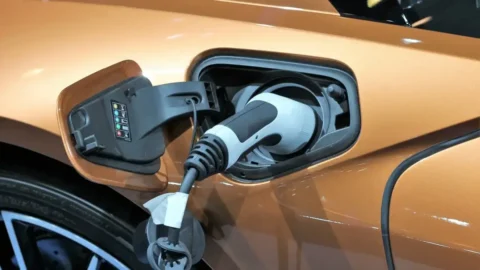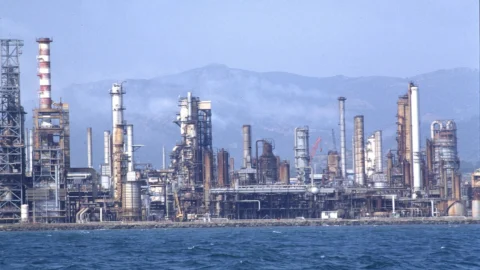Results below expectations for the first Ltro auction of the ECB, the new four-year maxi-loan to banks granted at 0,15% and this time conditional on the disbursement of loans to the real economy. 255 banks knocked on the coffer of the ECB, well below the 382 counterparties (representing 1.372 banks) that could draw on the funds. The amount of funding requested stood at 82,6 billion euros of funding against the 114 estimated by the consensus. “As we expected – Barclays Research analysts pointed out – the decision to cut the lending rate by 10 basis points to 5 points, thus bringing it to the minimum level, did not incentivize the banks to participate in this auction since the cutting the deposit rate to -20 basis points increased the cost of depositing excess liquidity, thereby neutralizing the benefits of the lower funding cost of TLTROs.
BPM AND UBI DO NOT PARTICIPATE
INTESA AND BANCO POPOLARE PRUDENT
In Italy, those who waited include, for example, Bpm and Ubi Banca. The two popular companies did not participate in the first allocation of ECB Tltro loans. Ubi Banca itself had already indicated that it would desert the first auction but would participate in the second. And so should Bpm. Not even Popolare Vicenza and Veneto Banca asked for anything.
The expectation of some banks could be dictated by the desire to see what other measures the ECB will put in place to shake up the Eurozone economy. They did not wait for the two largest Italian banks, Unicredit and Intesa Sanapolo. However, Ca' de Sass remained well below half of the maximum amount that can be requested: 4 billion against 12,5, the remaining amount will be requested in the second operation in December (11 December). Piazza Cordusio instead obtained 7,75 billion and, a spokesman said, will participate in the December auction for an amount that will not exceed a total of 12 billion euros. This is a total amount down on the 14 billion initially assumed by the bank.
Banco Popolare is also cautious, which today stopped at one billion, instead planning another 2,7 billion for December. The requests for Mps were more substantial, which amounted to 3 billion. Credem drew from ECB resources requesting 735 million, Iccrea Banca over 2 billion euros, the Cassa di Risparmio di Ravenna group 223 million. Overall, 23 billion went to Italian banks out of the total 82,6 billion euros granted in this first round by the European Central Bank. Of these, a third, almost 15 billion, was assigned to the top three institutions: Unicredit, Intesa and Mps.
BARCLAYS, SPAIN AND FRANCE BELOW ESTIMATED
IN DECEMBER PARTICIPATION MAJOR
The breakdown by country has not been disclosed. An idea could arrive in early October with the monthly update of the balance sheets of the national central banks. For Barclays Research analysts, the biggest negative surprises could come from peripheral countries, especially Spain. In the end, the Italian banks should respect the estimates by financing themselves for around 39 billion in the two auctions, therefore in line with the 37 billion estimated by Economy Minister Pier Carlo Padoan. “We suspect – write the analysts – that Spanish banks borrowed much less than we expected in the first TLTRO, which amounted to 28 billion, or 50% of the amount that could be requested”. This would be consistent with the 30 billion recently indicated by Economy Minister Luis de Guindos as the total amount for the two auctions in September and December. It cannot be ruled out that the French banks were also cautious, as they may have requested less funding than the estimates made by Barclays of 25 billion.
Thus, since the overall availability of the ECB for the first two auctions is a good 400 billion, having been requested overall only 82,6 billion, at the next auction in December the institutions will be able to request another 317 billion. On that occasion, however, the banks of the core countries of Europe should also participate in a more consistent manner. "This is because - explains Barclays Research - in December the institutions will have a clearer idea of their funding needs and of the lending strategy to the real economy since they will know the results of the Aqr and the stress tests (which will be published in October) and will also have completed their decision-making process on next year's budget allocation.





